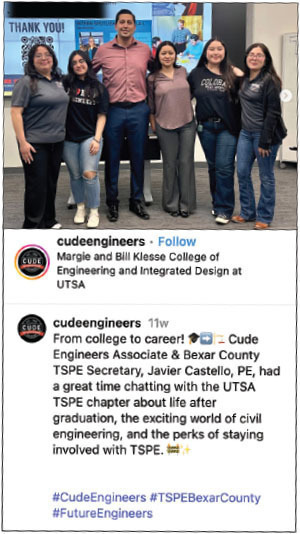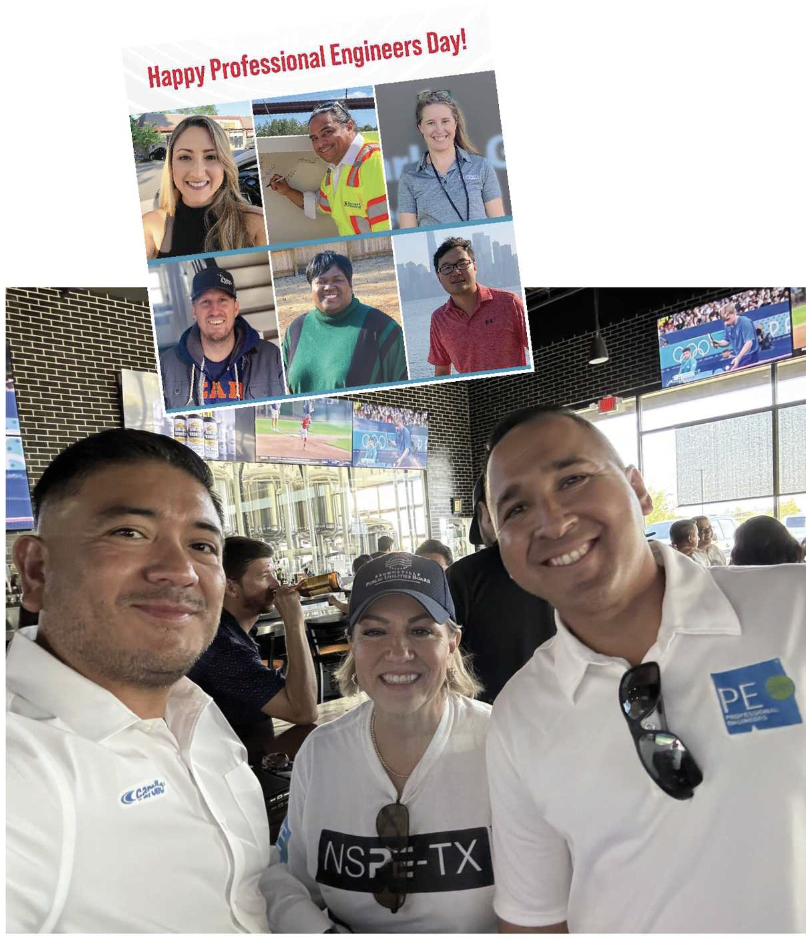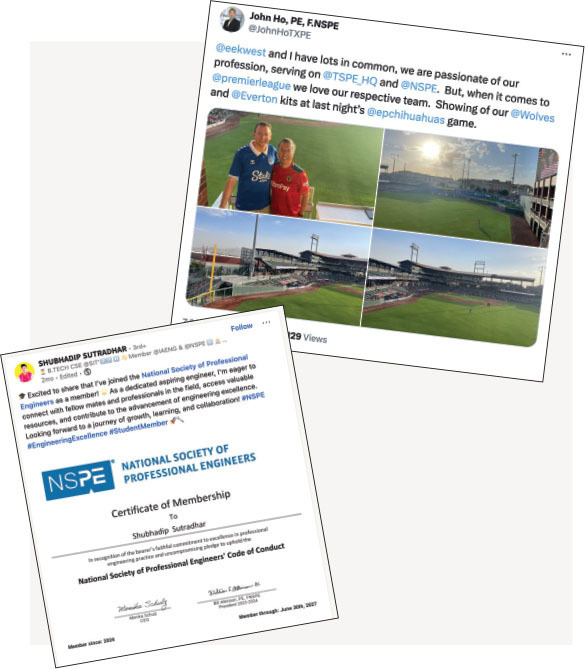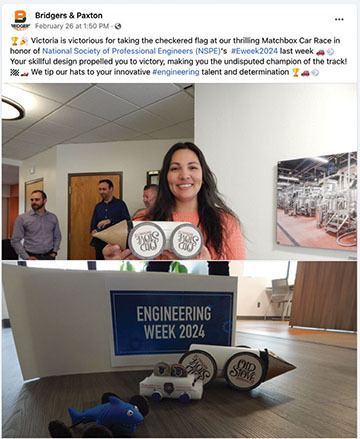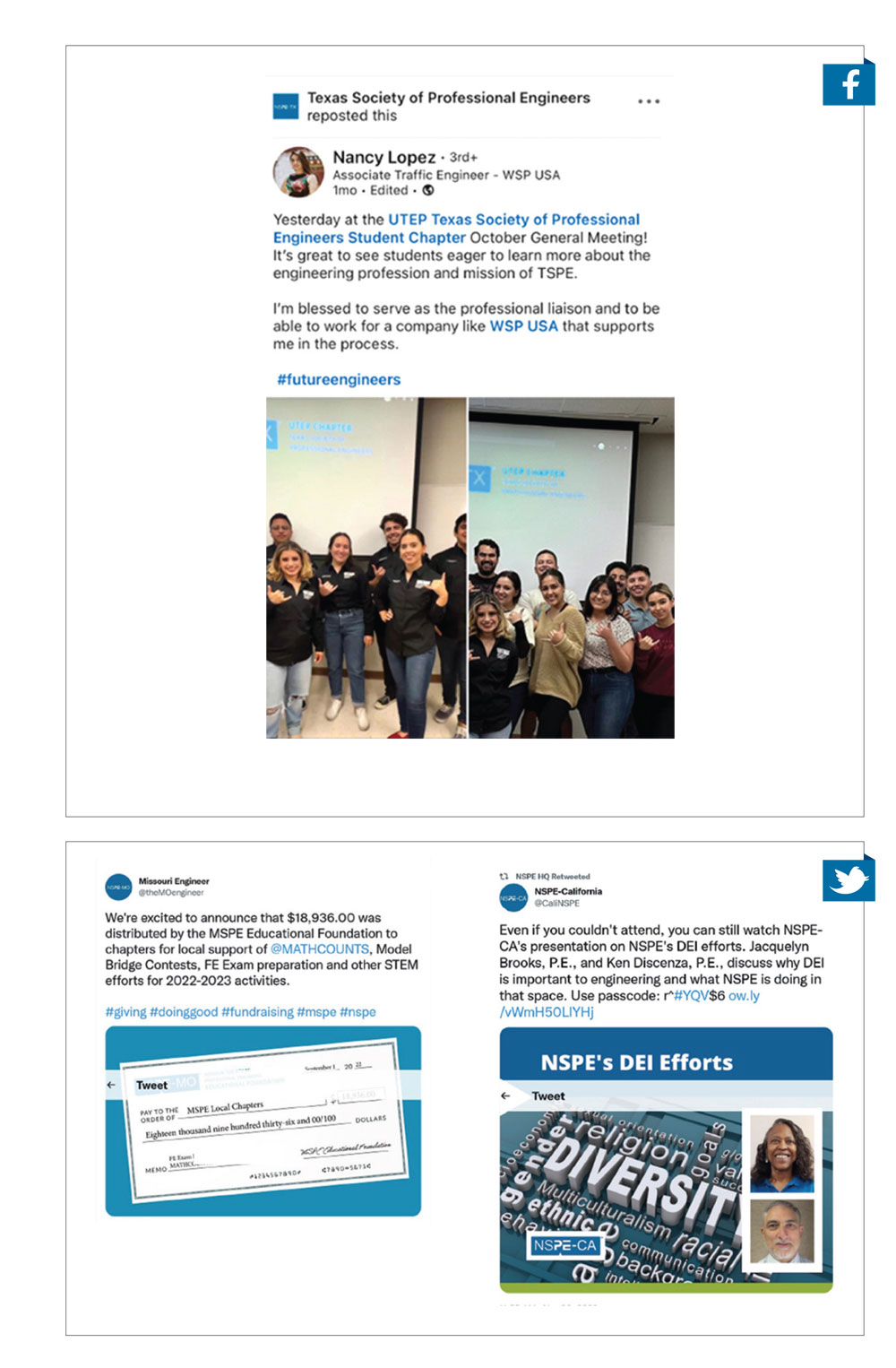May 2014
Letters
 More than Duty
More than Duty
Gerald Emison is certainly right that a sense of duty is important to an engineer (“PEs and Professional Duty,” December PE, p. 12). However, it is hardly sufficient as a guide to proper or ethical conduct. My lifetime has witnessed some of the worst crimes against humanity whose perpetrators justified their actions with the phrase “I was doing my duty.”
Joseph Horowitz, P.E.
Flushing, NY
Teach the Right Thing
I do not doubt the survey answers (“Does Engineering School Lower Student Concern for Public Welfare?” January/February PE, p. 14), but I do wonder about the interpretations of them.
This comes from a graduate engineer of 55 years, with some time in industry, teaching for 25 years, and an ongoing forensic career. I’ve had the PE designation for nearly 50 years and been in NSPE for most of that time—I was honored to serve a term on the NSPE Board of Ethical Review.
What I have perceived in students has been a better understanding of the idea of public welfare. In fact that was one thing we taught and encouraged: “All this education is not just for you; you are going to do good for others with it.” Please excuse oversimplification here to condense this small treatise. It starts out with their helpless feeling of being sorry for people and wishing to help. As the students learn engineering and gain new abilities, that changes to, “Now we are learning how to help.” They then concentrate on doing, not talking about helping. If they do a good job of engineering, the whole of society will gain. Engineering provides answers and the students take off in that direction. This differs from some of what is taught in lower grades and to me is a real improvement. Yes, I like students a lot and their success far beyond my poor efforts has always been a thrill.
Lin Manning, P.E.
Reno, NV
In Whose Interest?
I have been following the comments in PE magazine regarding the current experience requirements to take the PE exam. (“A Matter of Timing” in December PE and “States Approve Early Taking of PE Exam” in January/February PE.)
My experience since college is the following: 1) passed FE exam during my final quarter of college; and 2) studied for and passed the PE exam over 20 years after graduation, on my first try.
The only tangible benefit in allowing a graduate to take the PE exam early is it would prevent the loss of knowledge that may be required to pass the PE exam. I do not consider increasing the number of licensed PEs by relaxing the requirements as an appropriate approach to this concern, as I don’t think it is a problem.
The Engineers’ Creed hits on “utmost of performance” and “professional knowledge,” and I would question the ability of any engineer if they are unable to retain the skills needed after four years of field experience to pass the PE exam. Personally, I would not want any professional acting on my behalf or for the public welfare, to be unable to retain the knowledge used to attain their position—whether they are a medical doctor, pharmacist, airline pilot, craftsman (e.g., pipefitter, boilermaker, electrician), or engineer.
The relaxation of high school graduation requirements over the years has diluted the student pool that is capable of handling the academics required for the science, technology, engineering, or mathematic fields. Our goal should be to create a pool of PEs that are fully qualified and maintain an absolute standard that their proficiency is measured against.
Steven Busbin, P.E.
Jacksonville, FL


 Volunteering at NSPE is a great opportunity to grow your professional network and connect with other leaders in the field.
Volunteering at NSPE is a great opportunity to grow your professional network and connect with other leaders in the field. The National Society of Professional Engineers (NSPE) encourages you to explore the resources to cast your vote on election day:
The National Society of Professional Engineers (NSPE) encourages you to explore the resources to cast your vote on election day: